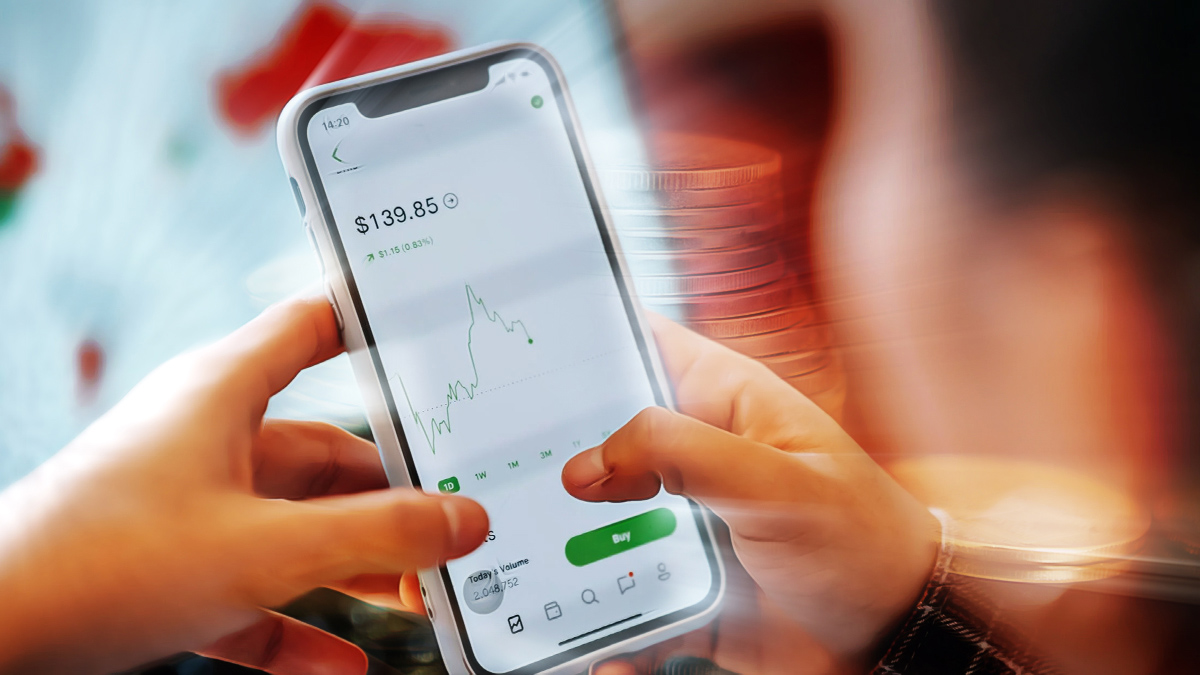El Salvador celebrates the third anniversary of accepting Bitcoin  $90,533 as legal tender. On September 7, 2021, Bitcoin was recognized as the country’s official currency, aiming to provide financial inclusion, facilitate remittance payments, and attract financial innovations. This decision made El Salvador a pioneering country in the digital asset space.
$90,533 as legal tender. On September 7, 2021, Bitcoin was recognized as the country’s official currency, aiming to provide financial inclusion, facilitate remittance payments, and attract financial innovations. This decision made El Salvador a pioneering country in the digital asset space.
Economic Benefits of Bitcoin
El Salvador continues to invest in Bitcoin regularly. Under the leadership of President Nayib Bukele, daily Bitcoin purchases are made, and the country’s current Bitcoin portfolio has reached a value of over $318 million. The average purchase price of Bitcoin in the country is around $43,877, while the current price is approximately $54,300. This price difference has resulted in a profit of $31 million in El Salvador’s wallet.
“El Salvador’s experiment with Bitcoin can be considered successful. The country took a pioneering step, took risks, and tried a radical innovation. Although it is too early to say that all reforms have been successful, it is clear that El Salvador has gained some benefits.”
— Alex Momot, CEO of Peanut Trade
Criticisms and Challenges
El Salvador’s Bitcoin move was initially widely criticized. The drop in Bitcoin’s price from its peak of $69,000 in November 2021 to $16,000 after the collapse of the FTX exchange caused the country’s Bitcoin portfolio to suffer losses for a long time. However, the current price increase seems to have compensated for these losses.
“This financial gain strengthens Bukele’s position as the initiative is seen to provide tangible benefits. This adds an extra layer of validation to the bold cryptocurrency experiment.”
— Alex Momot, CEO of Peanut Trade
Attitudes of Other Countries
While Bitcoin’s economic model provides advantages to early adopters, major economies are reluctant to accept Bitcoin as legal tender. After El Salvador, the only other country to accept Bitcoin as an official currency was the Central African Republic in 2022. Other major economies are avoiding this step.
“The larger a country is, the less likely it is to take such risks. This is because large economies are generally dependent on their relationships with international credit institutions, which oppose such moves.”
— Alex Momot, CEO of Peanut Trade
Although Brazilian lawmakers have shown interest in creating a legal framework for Bitcoin adoption, no concrete regulation has yet been implemented. Countries hesitant to accept Bitcoin as an official currency are noted to avoid this step due to their relationships with major financial institutions.
El Salvador’s acceptance of Bitcoin as legal tender has sparked a global debate on the adoption of digital assets. Despite achieving positive economic results, it is observed that major economies are unlikely to take a similar step. The risky nature of cryptocurrencies like Bitcoin encourages cautious approaches, especially in countries dependent on international credit relationships. However, El Salvador’s experience could serve as an example for small and medium-sized economies willing to take a bold step in digital assets.









